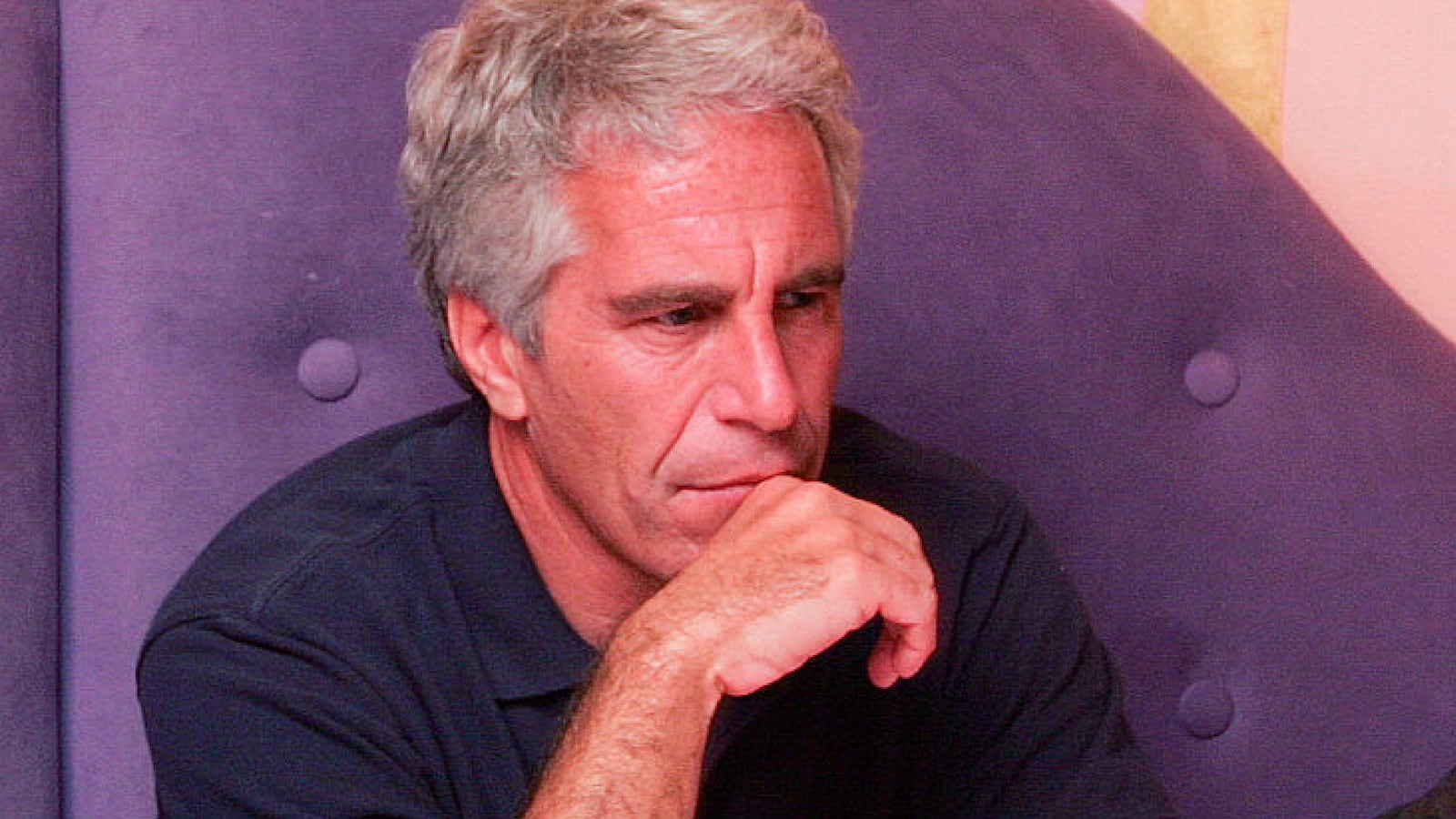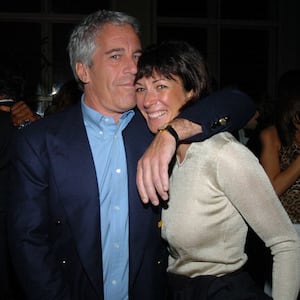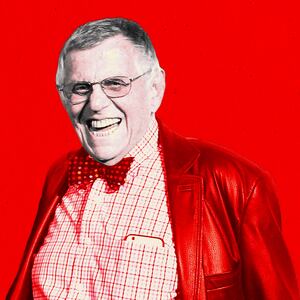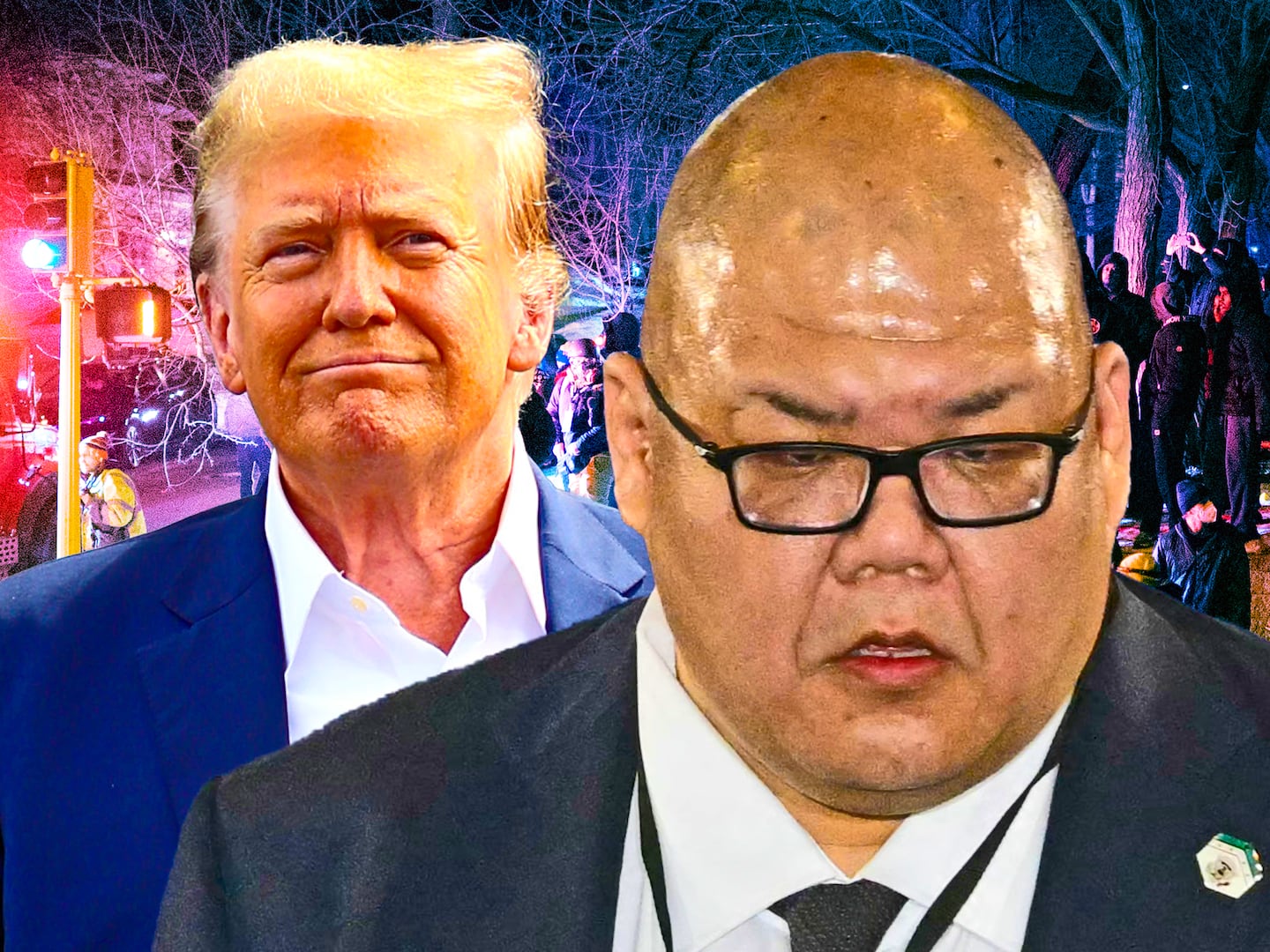When a Florida grand jury indicted Jeffrey Epstein on a solicitation of prostitution charge in 2006, jurors heard graphic accusations of the financier raping teen girls—but the panel also appeared to shame a 16-year-old victim who testified.
“Do you have any idea deep down inside of you that you—what your [sic] doing is wrong?” one juror asked the girl, who was 14 when Epstein abused her, according to a newly unsealed transcript.
“And you’re well aware that—what you’re doing to your own reputation,” a juror chimed in.
Even Palm Beach prosecutor Lanna Belohlavek appeared to cast doubt on the young witness: “You aware that you committed a crime?”
“Now I am. I didn’t know it was a crime when I was doing it,” the girl answered, adding, “I guess it’s prostitution or something like that.”
Belohlavek asked a second victim who later testified Epstein raped her when she was 17: “You understand that you in effect were committing prostitution yourself?”
“Yes,” she replied.
The long-secret grand jury records were released to the public on Monday, offering a glimpse into why the state attorney’s office in Palm Beach failed to charge the perverted money-manager, then 53, with serious crimes against children, despite there being damning testimony against him.
A Palm Beach County judge unsealed the records after a law signed by Gov. Ron DeSantis went into effect. The legislation allows secret grand jury records to be unveiled if the suspect is dead and offenses involve sexual misconduct with minors.
In 2019, the Palm Beach Post sued for the records to determine how Epstein was charged for soliciting an adult sex worker rather than for the sexual abuse of young girls. The newspaper had previously reported that then-state attorney Barry Krischer seemed to weaken the 2006 case, declining to interview Epstein’s teenage victims or stay in contact with police detectives.
During the July 19, 2006 proceeding, jurors also heard from the late Palm Beach detective Joseph Recarey, fellow cop and crime scene investigator Gregory Parkinson, and Jensen Ross, the chief investigator with the state attorneys’ office.
Recarey testified that Palm Beach cops began investigating Epstein in March 2005, when a woman reported that her stepdaughter had visited his home. The girl testified that an acquaintance offered her the opportunity to make $200 and told her about her “friend Jeffrey,” who lived in “a big humongous mansion” on the water.
The girl described how she gave Epstein a massage at his Palm Beach mansion and that he made small talk with her, asking what high school she attended and about her hobbies. She’d told him she was 18, as instructed by her friend.
“And then after like 20 minutes of giving him a massage … he asked me if I wanted to make an extra hundred dollars,” the girl told jurors.
She recalled Epstein saying, “You’re not going to be giving the massage anymore, it’s going to be something different,” before he used a vibrator on her and masturbated in front of her. Afterward, he handed the girl three $100 bills and instructed her to leave her name and number on a notepad next to a couch.
She didn’t return to Epstein’s home, but Belohlavek asked if she recalled telling a Palm Beach detective “that you made plans to do this every Saturday so you could get rich?” The girl answered that it was only an “imaginary” sort of plan, and that it never happened.
The prosecutor also peppered the girl with questions about her MySpace account. (Epstein’s lawyers would seize on the girls’ MySpace profiles to undermine their testimony, sharing the social media pages with police investigators.)
Belohlavek asked the girl about a survey she’d posted on her page, where she answered questions about whether she had piercings or had ever done drugs or shoplifted.
The prosecutor also quizzed her about her writing that her income was $250,000. “It’s a joke,” the girl testified, adding “all my friends do that.”
“Okay,” Belohlavek said. “So it’s not that you’re making money elsewhere doing similar activity?” The girl replied she did not.
Meanwhile, another victim detailed how Epstein had her lay down on a massage table and raped her a day before she turned 18. Epstein knew of her age, she testified, and had even bought her new bras and panties for officially becoming an adult.
That woman, whose name was also redacted in transcripts, said she was certain that Epstein knew she was underage, claiming he’d talk to her about high school and her future after it. “He was well aware of my age from the beginning,” she said.
Starting her junior year, the victim said she visited Epstein approximately 10 times—at first being paid $200 a visit to massage him topless, and later as much as $300 for things more explicit, like for watching him have sex with a woman while the teen groped her breasts.
On other occasions, she testified that Epstein would masturbate in front of her and “asked me to touch him, but I said no.”
The victim said she had no desire to testify against Epstein in a trial because she was embarrassed, didn’t want her dad to find out, and just wanted the entire ordeal behind her. She said she would testify if legally ordered, however, and promised to tell the truth if so.
The grand jury asked her questions including: “You did not want to have intercourse with him?” and “Did you ask him to stop?” and “Do you think he took advantage of your youth?”
When a juror asked whether she could “be the person that’s strong enough to stand up to put him away so he will never ever do this to somebody else,” the young woman said, “I wish that I could say that I could, but I really don’t think that I can.”
After the state grand jury indictment, the FBI and Miami U.S. Attorney’s Office launched an investigation into Epstein for sex trafficking and interviewed multiple other victims.
Ultimately, Epstein’s high-powered lawyers pressured the feds to drop the case, inking a lenient plea deal that resulted in Epstein pleading guilty to state charges: solicitation of prostitution and procuring a person under 18 for prostitution.
The sex predator served 13 months of his 18-month sentence in a private wing of the Palm Beach jail and was permitted to leave on “work release” six days a week.
For years afterward, he continued to abuse scores of girls and young women and pal around with politicians, billionaires, and entrepreneurs—until the Manhattan U.S. Attorney’s Office charged him with trafficking children in July 2019. He died in a prison cell a month later while awaiting trial, in what authorities have called a suicide.








